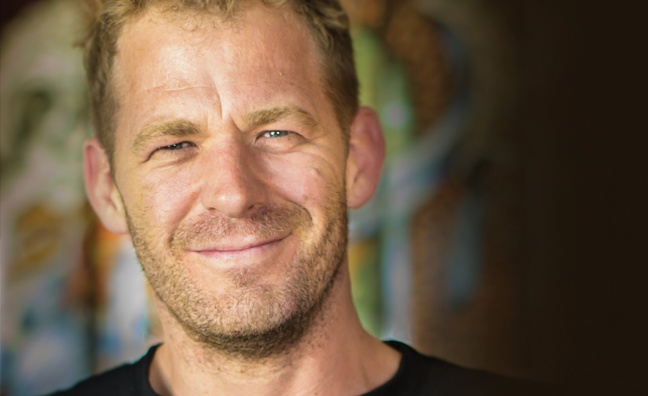As an ex-UMG president of global digital business, Rob Wells played a key role in the industry’s move to streaming. In 2017, the LA-based exec joined Orfium, which tracks music use for rights holders.
Here, he tackles big data, the benefits of AI and maximising income from TikTok...
How does Orfium cope with the sheer scale of data for music rights management?
“It’s definitely a challenge. You get delivered vast reports from the big UGC platforms, such as YouTube and Facebook, with petabytes of information. Even on a monthly basis, there are millions and millions of lines of information that need to be processed, so it needs heavyweight tech. Once you commit to delivering a solution for the rights owner, the broadcast sector or a [collection] society, then you have to stay on the bleeding edge and reinvest.”
Is AI tech helping that data processing?
“It’s interesting that the industry is very focused on generative AI. Very little has been written about the beneficial impact of these new technologies, whether it’s LLMs [Large Language Models], machine learning, neural networks or any AI-based tech. We’re finding a lot of money for rights owners, broadcasters and collection societies by using AI tech, and that’s to the huge benefit of the industry, the songwriters and the artist community. So there is another side to the fearmongering that you get with generative AI.”
What did the acquisition of music reporting and audio recognition company Soundmouse last year mean for Orfium?
“The core business prior to the acquisition was always focused on rights owners, for which there’s the three big companies and a long tail of independents. The breadth of the client base we brought in with the Soundmouse acquisition is huge – there are thousands of clients, including PRS, the BBC and Sky, and small production houses in far flung corners of the world. As well as the customer base and executive team, the other reason for the acquisition was data. Everything we build at Orfium is based on machine learning algorithms – it’s predominantly AI-based and those machines need to be fed.”
One of the technologies that we have can recognise compositions, whether they’ve been sped up or slowed down or as cover versions
Rob Wells
How are you expanding internationally?
“What we’ve done in the last 12 months is really profile the growth in Japan – we’ve announced a lot of deals. Japan for us is a jumping-off point for other markets in Asia. Indonesia is huge, India is the second fastest growing market for YouTube – the volume of use on that platform in India is vast. We like the look of Latin America and providing solutions in that region as well. We’ve grown significantly but we’re also crossing over into other sectors. Our Bandai Namco deal in Japan covers anime [music] repertoire. There’s expansion across platforms, new technologies and products, so there are lots of growth vectors for us.”
With UMG settling its licensing dispute with TikTok, do you think the wider industry can now maximise income from such platforms?
“I hope so. If you look back, YouTube was the bogeyman once. To be fair, they’ve invested in the back end and content ID is very robust. They’re now seen as a huge partner and for a lot of markets they’re the industry leader from a revenue perspective. What the industry needs to try and do is move TikTok and Meta into that sphere and demonstrate the true value from the music being consumed on those platforms.”
How effective is Orfium at tracking both the song composition and recording?
“This is an essential part of what we do. One of the technologies that we have can recognise compositions, whether they’ve been sped up or slowed down or as cover versions. It is pretty critical that you can separate the recording from the composition, especially on UGC-based platforms. We do that on behalf of all the major publishers and independent publishers as well.”
Finally, given your previous role in digital at UMG, has it played out how you imagined?
“No, it’s been way better than I thought it was going to be [laughs]. I was in the chair at Universal during the formative years. There was the first conversation with Spotify and we did renegotiations. We closed the iTunes deal in the UK back in 2002. I’ve always been aware of the impact that technology can have. But I couldn’t have forecast the scale and pace of change, and how it has impacted the entire industry.”









